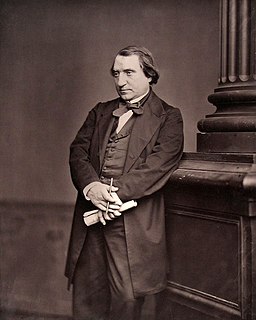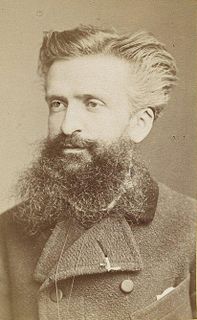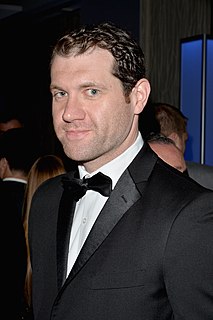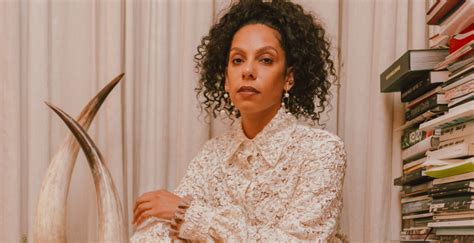A Quote by Robert Longo
I've been dealing with epic images, and I realized all of a sudden that I grew up in the age of epics.
Related Quotes
[My mother] was the oldest of two sisters and two brothers, and she grew up with her brothers, who were about her age. She grew up, to the age of ten, like a wild colt, and then all of a sudden that was over. They had forced on her her 'woman's destiny' by saying, 'This isn't done, this isn't good, this isn't worthy of a lady.'
Images are no longer what they used to be. They can't be trusted any more. We all know that. You know that. When we grew up, images were telling stories and showing them. Now they're all into selling. They've changed under our very eyes. They don't even know how to do it anymore. They've plain forgotten. Images are selling out the world. And at a big discount.
I grew up in Queens, which is the most diverse borough: the rich and the poor and homeless and people of every sexual orientation and gender and age group. Everyone is saying we live in this bubble, and there's some truth to that. But I do not think it is healthy to all of a sudden invalidate the way we live in New York.









































